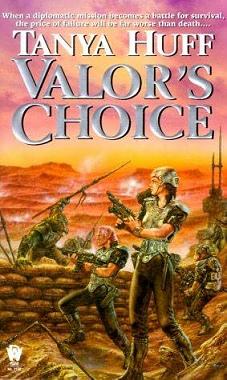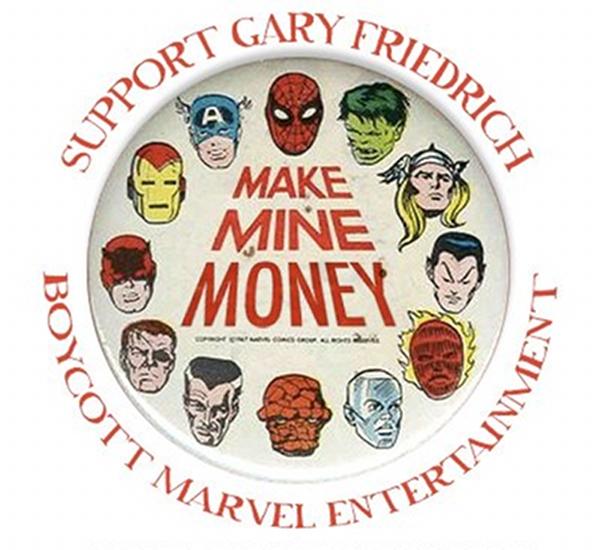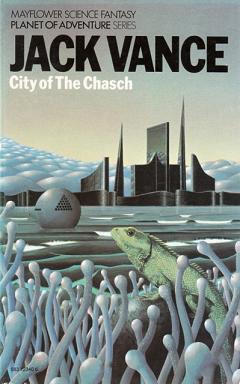The British Science Fiction Association (BSFA for short) has just announced the shortlist for its 2011 awards. And amongst the nominees for best non-fiction is a website I’ve contributed too, Ian Sales’ SF Mistressworks blog. Ian set the blog up last year as part of his attempts to get more coverage of female science fiction writers, inspired by the discussions about the gender imbalance in science fiction in general and British sf publishing in special. For the same reasons last year I had my own reading project, to correct the gender imbalance in my own reading.
The SF Mistressworks blog is intended as a showcase for all sorts of science fiction written by women, to demonstrate that,
as Ian puts it:
a) women have been writing science fiction since the genre’s beginnings,
b) many of their books should qualify as classics, and
c) many of their books are, in fact, better than “classics” by their male counterparts, and have at least aged better.
Such a showcase being necessary because more so than their male counterparts, female sf writers run the risk of being written out of the genre’s history, even when they were incredibly popular. For instance, around the time that Ann McCaffrey passed away, I remember reading a rant by somebody annoyed that a high profile review of Christopher Paolin’ Eregon books talked about the influence of Tolkien on them, but said nothing about the obvious Pern influences[1]. For various reasons, it’s much easier to construct male orientated histories of the genre, to talk about Verne-Heinlein-Niven-Egan-Stross, not so much to talk about Shelley-Moore-Le Guin-Cadigan-Williams.
I’ve contributed several reviews to the site, reprinted from my own booklog, for books I considered fitted in well with its aims[2]. As such I can’t help but be proud to see Sf Mistressworks recognised for its contributions, though obviously its success is mainly due to Ian Sale’s hard work and dedication. It’s a great initiative and I hope this recognition will help it continue its good work.
[1] If anybody recognises this article, let me know, as could I find it today? Could I buggery.
[2] E.g. The Sign of the Labrys, Ammonite, The Sword of Rhiannon and The Female Man.


